Empowering Change: Our Commitment to Diversity and Inclusion
At Co-operative and Community Finance (CCF), we believe that every voice matters.
Our commitment to promoting equity, diversity, and inclusion (EDI) is reflected in both our internal workplace culture and the communities we support. To deepen our understanding and drive meaningful change, we recently conducted surveys focusing on both our team members and the organisations we work with.
Gaining Insight: Listening to Our People and Partners
Internally, our EDI and Workplace Experience Survey revealed that our team generally feels a strong sense of belonging and values open dialogue. Both staff and board members expressed confidence in our fairness and progress on EDI, while also offering thoughtful suggestions to enhance communication and ensure every perspective is recognised. Meanwhile, a demographic survey provided deeper insights into the diversity within our community, highlighting the importance of refining our initiatives to meet evolving needs.
Externally, our survey of Borrowers gathered valuable insights into the composition of leadership teams, representation of lived experiences, and approaches to supporting disadvantaged communities and addressing climate change. Key takeaways include:
- Many organisations are actively promoting diversity within their leadership teams, with a notable emphasis on gender equality.
- Supporting disadvantaged communities remains a core focus, with Borrowers working to address social and economic barriers.
- Environmental sustainability is gaining attention, with some organisations taking steps to reduce their carbon footprint.
Moving Forward: Turning Insights into Action
Guided by this feedback, we are enhancing our surveys to capture a broader range of experiences and perspectives. Internally, we are standardising scales for clarity, expanding questions to be more inclusive, and ensuring that both staff and board members have tailored opportunities to share their insights. For Borrowers, we are refining our questions to gather more comprehensive data while respecting their time and privacy.
Our next steps include improving internal communication, expanding initiatives that foster a sense of belonging, and advocating for greater equity within the communities we serve. We extend our gratitude to everyone who participated in these surveys—your insights empower us to drive meaningful change.
Join us on this journey as we continue to build a future where diversity and inclusion are at the heart of everything we do.


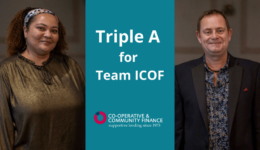

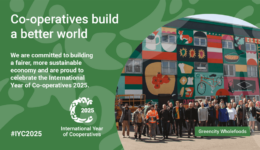
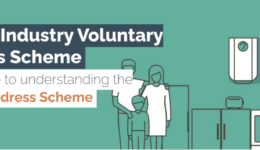
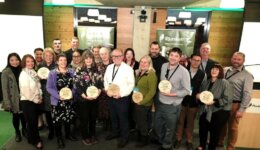
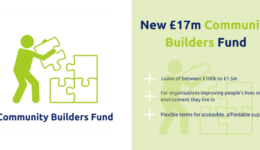
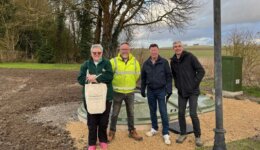
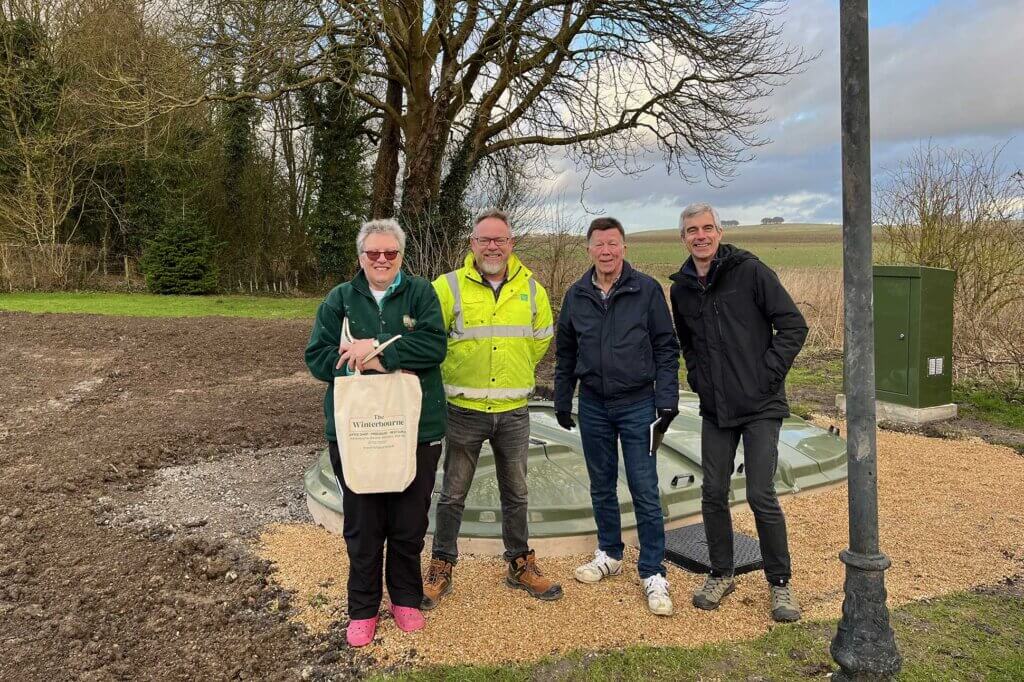





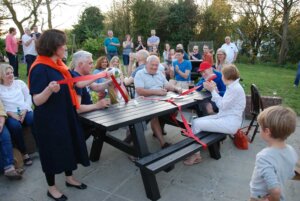 The Helions Bumpstead Community Benefit Society was set up in 2014 with a view to take community ownership of their local pub the ‘Three Horseshoes’ (located in northwest Essex) after it was registered as an Asset of Community Value by the local Parish Council. In 2019 the society raised funds to purchase the historic pub – a building dating back as far as the 1870’s – with an impressive community share fund worth £287K and investment from Co-operative & Community Finance via the ‘More Than a Pub’ programme.
The Helions Bumpstead Community Benefit Society was set up in 2014 with a view to take community ownership of their local pub the ‘Three Horseshoes’ (located in northwest Essex) after it was registered as an Asset of Community Value by the local Parish Council. In 2019 the society raised funds to purchase the historic pub – a building dating back as far as the 1870’s – with an impressive community share fund worth £287K and investment from Co-operative & Community Finance via the ‘More Than a Pub’ programme.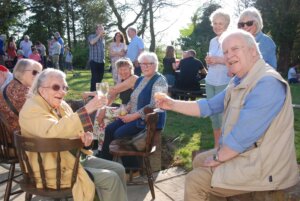 Local residents and shareholders have praised the society’s work and have commented on how the pub has brought a real sense of community to the village. In 2023 a second community share offer was completed raising £14K to be used to improve the outdoor areas of the pub and complete further maintenance work.
Local residents and shareholders have praised the society’s work and have commented on how the pub has brought a real sense of community to the village. In 2023 a second community share offer was completed raising £14K to be used to improve the outdoor areas of the pub and complete further maintenance work.